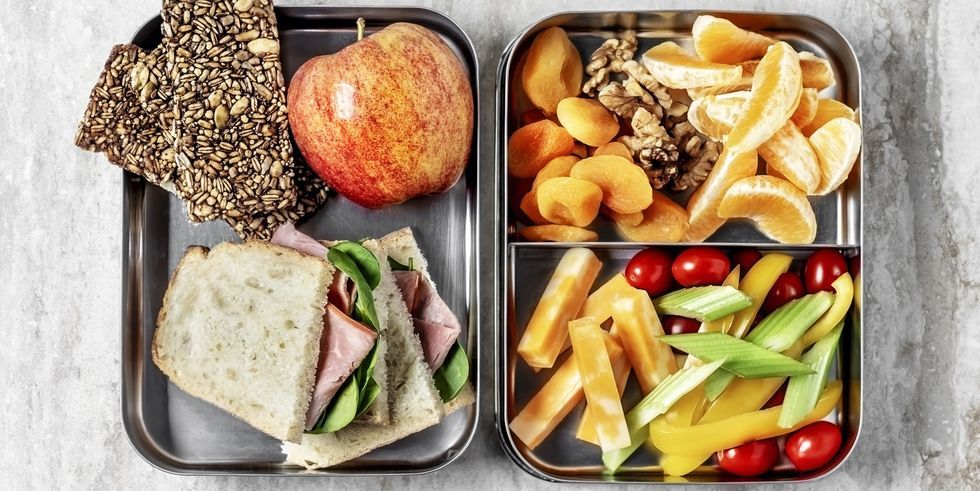
Being the literal lifesaver it is, chemotherapy also comes with its own side effects, especially ones affecting your appetite and sense of taste. This is especially important because maintaining a healthy diet is essential to your fight against cancer. Your diet affects your ability to maintain strength to fend off infections while you’re at your frailest.
Chemotherapy is responsible for a wide range of issues that interfere with healthy eating and can affect people in quite different ways: Chemo can cause nausea, vomiting, diarrhea, appetite loss, changes in one’s sense of taste or smell that make eating unpleasant, mouth sores, dry mouth, lactose intolerance, weight gain or weight loss.
The infographic below, 20 Healthy Diet Tips for Chemotherapy, is important reading for anyone who is undergoing or soon to undergo chemotherapy. The suggestions are easy to follow, and brief enough to keep in mind or even tape to the refrigerator door. If you can make eating more enjoyable and more nutritious during the course of treatment, then you’re going to feel healthier and be healthier as time goes on.
Of course, if these tips and all else fails, never hesitate to consult your physician, a nurse or a dietician to review your situation and help you develop a plan to combat whatever dietary-related symptoms are affecting you. Continue reading for dietary inspiration. Here are 20 practical tips to help maintain a healthy diet during chemotherapy.
- Water may become distasteful; try flavored water or adding lemon.
- Get enough protein — eggs, beans, and fish may taste better than meat.
- Eliminate junk food and empty calories.
- Try new foods; they might stimulate your sense of taste.
- Eat soft foods, including protein milkshakes, if you’re having trouble swallowing.
- . If you’re gaining weight, eat lots of vegetables and low-fat foods.
- If you’re losing weight, eat lots of oatmeal, hummus, nut butters, and yogurt.
- Take multivitamins if you are not able to eat enough food.
- For mouth sores, stick with soft foods and avoid citrus and tomato-based foods.
- For dry mouth, ask your doctor for an appropriate mouth rinse.
- Fight constipation with high-fiber foods and plenty of water.
- Fight diarrhea by avoiding caffeine, raw vegetables, sugary drinks, and caffeine.
- Avoid alcohol — It interferes with chemo treatments and contributes to nausea.
- Avoid spicy, greasy, and sugary foods.
- Don’t drink too much green tea; Its antioxidants may disrupt chemo treatments.
- Wash raw foods thoroughly to prevent infections.
- Don’t eat foods past their expiration date.
- Don’t eat food from bulk bins or salad bars.
- Consult your doctor about the consumption of soy products.
- Consult your doctor or a registered dietician if you continue to have problems.


[…] Being the literal lifesaver it is, chemotherapy also comes with its own side effects, especially ones affecting your appetite and sense of taste. This is especially important because maintaining a healthy diet is essential to your fight against cancer. Your diet affects your ability to maintain strength to fend off infections while you’re at your frailest.… Read More Chemotherapy and Your Diet […]